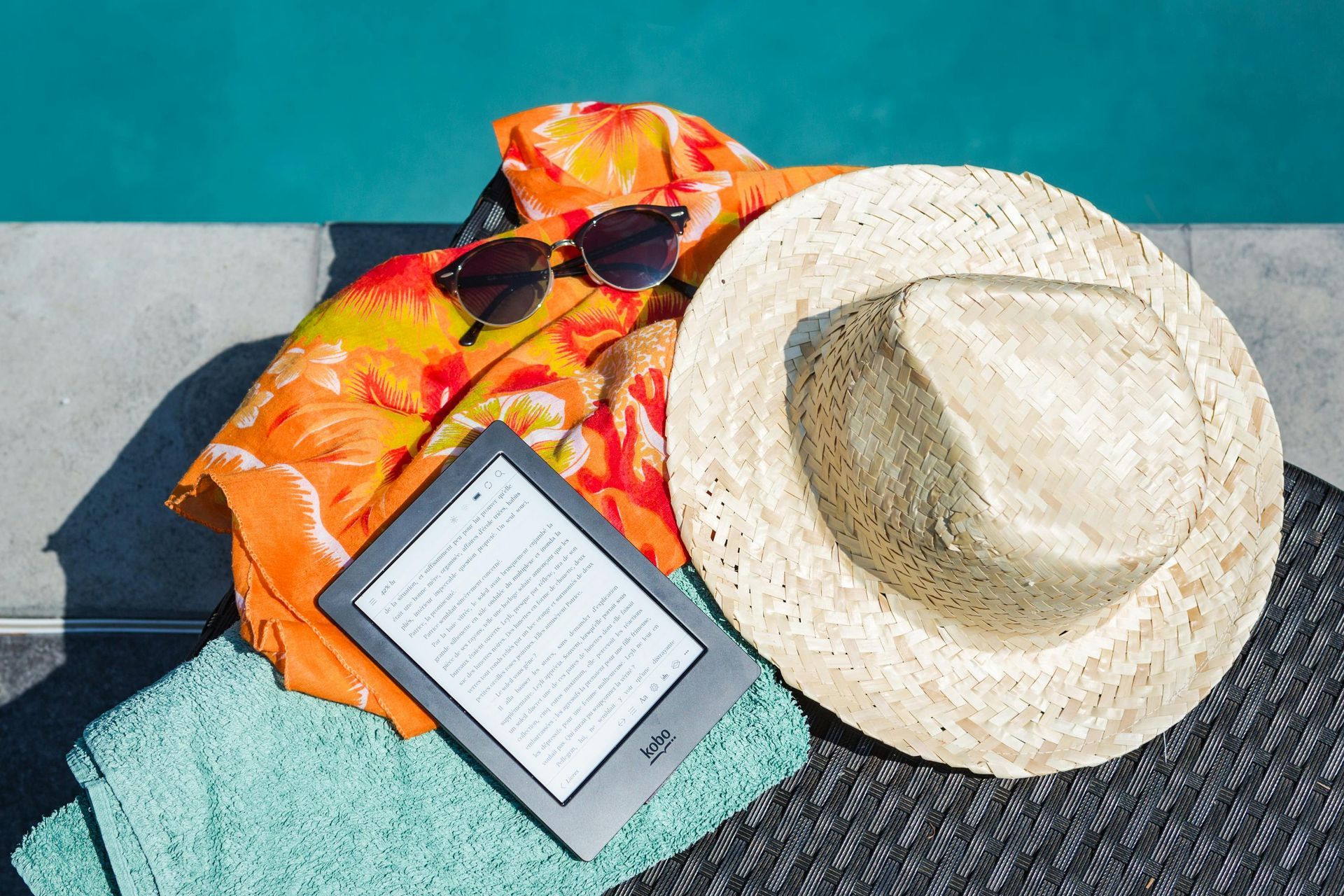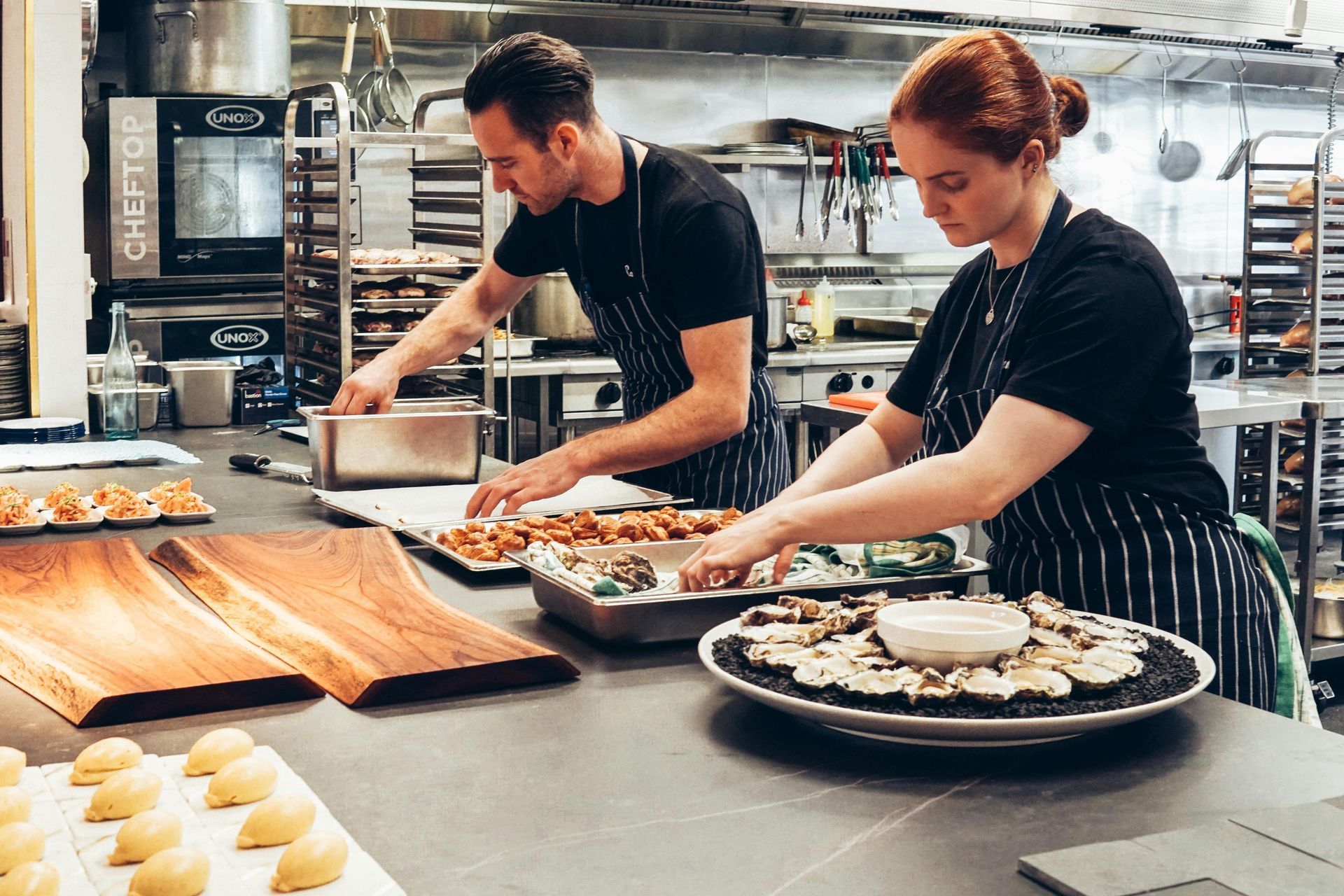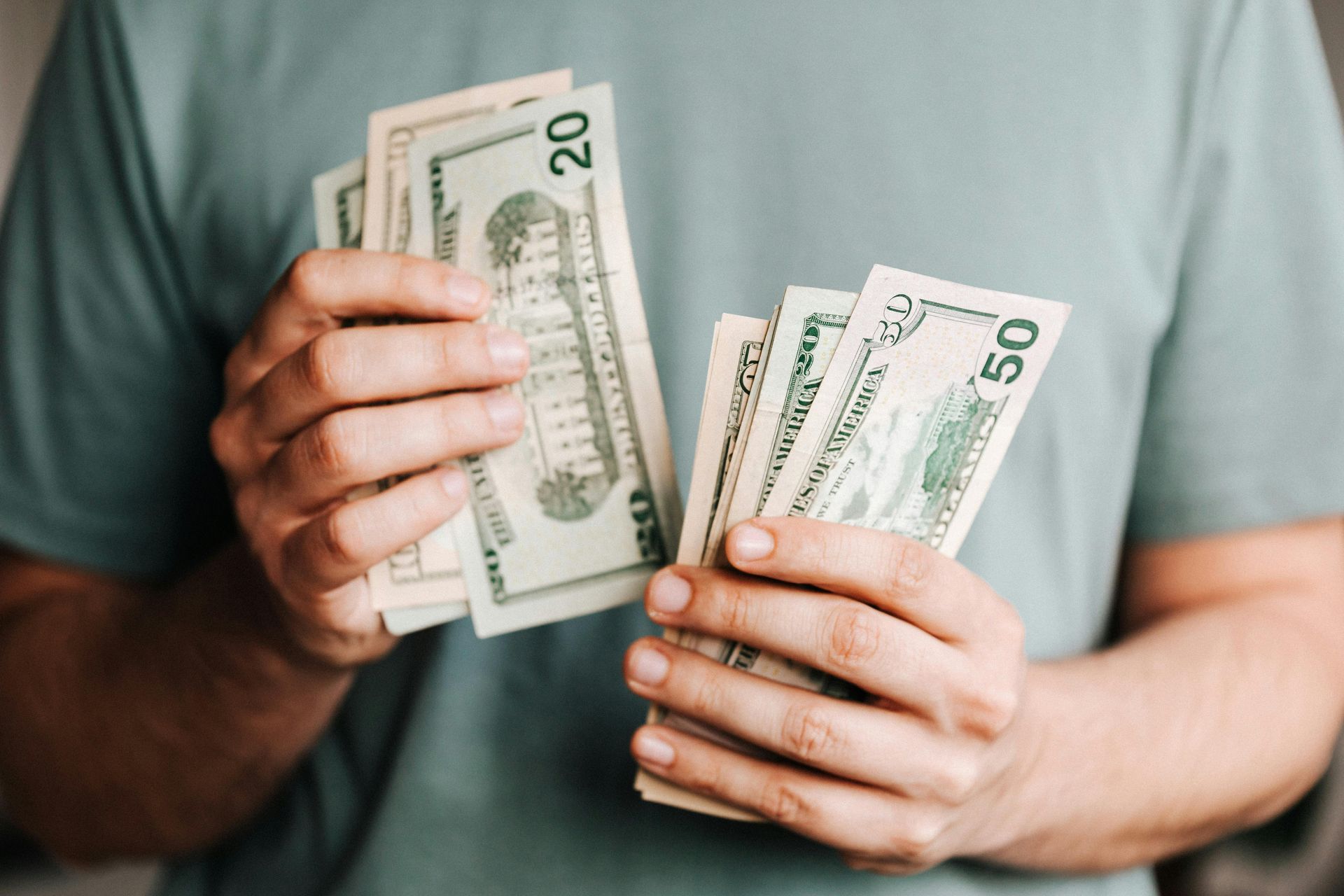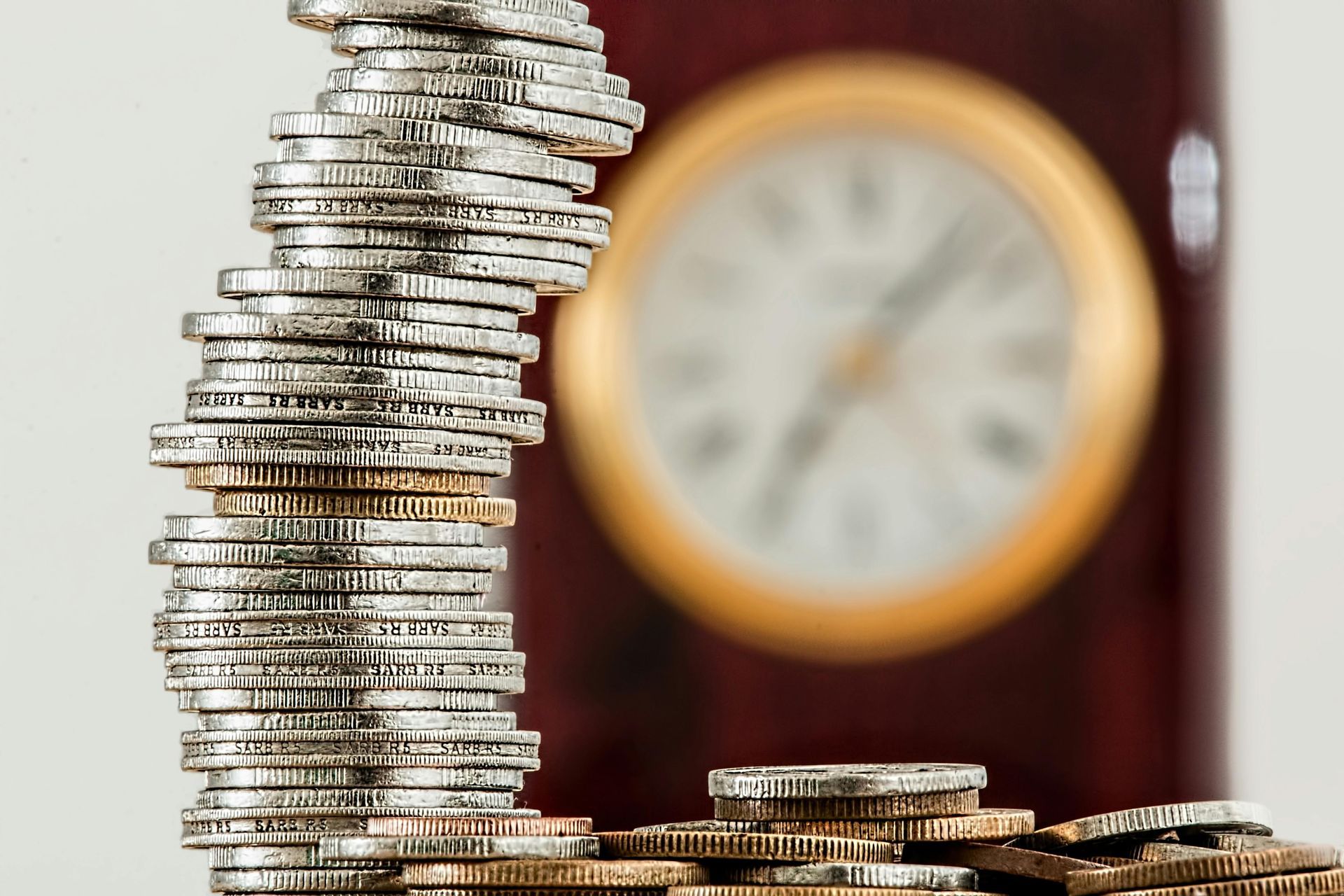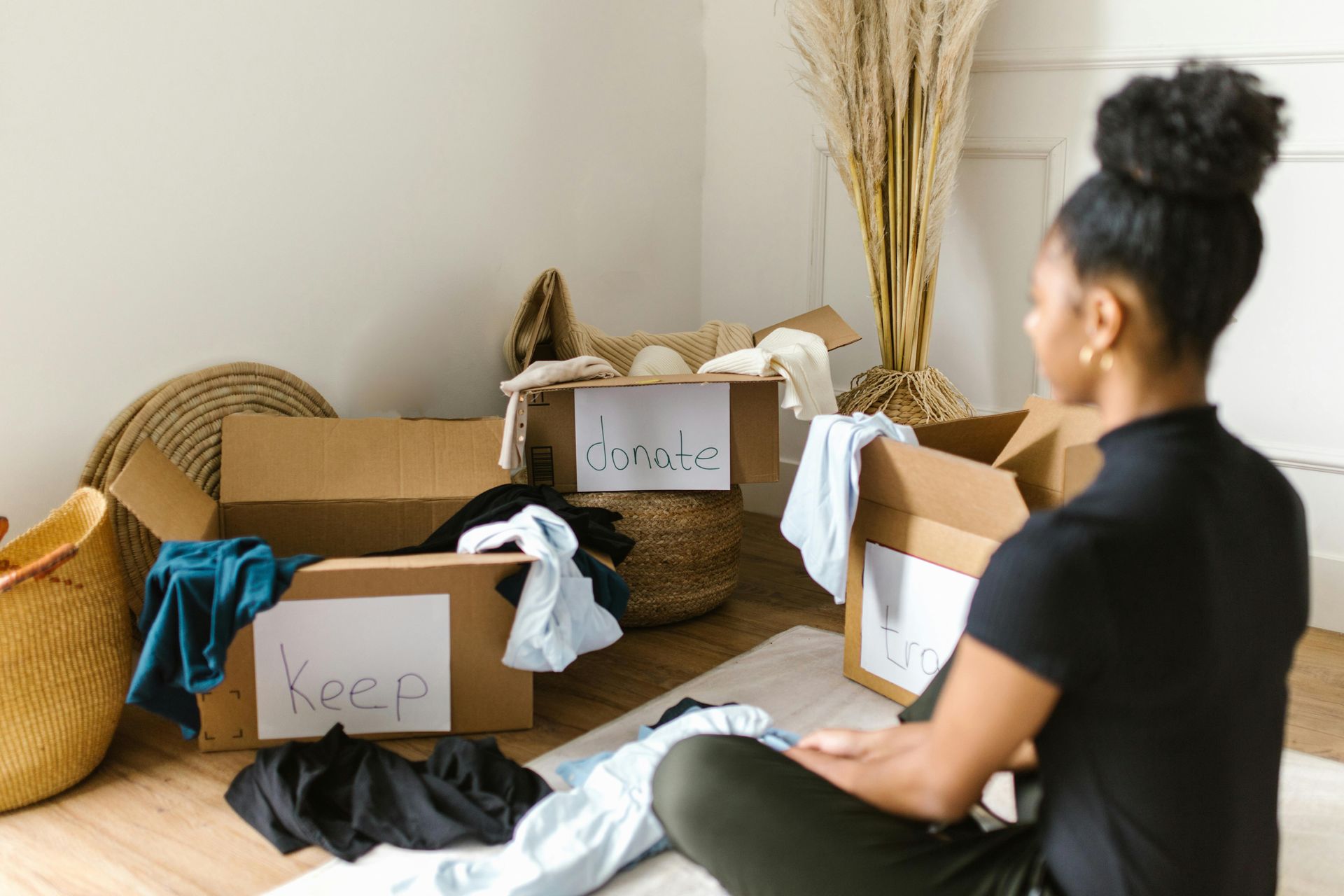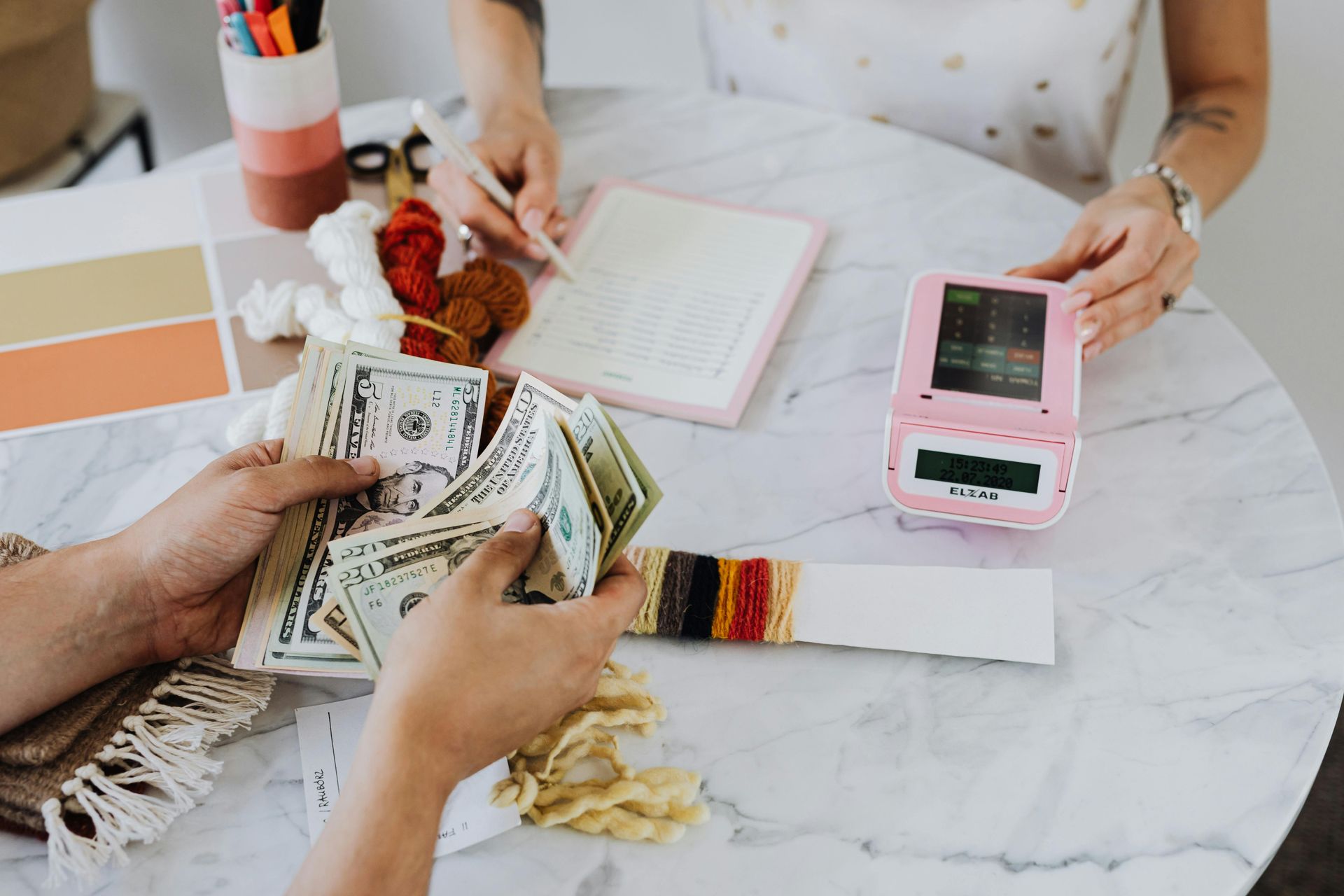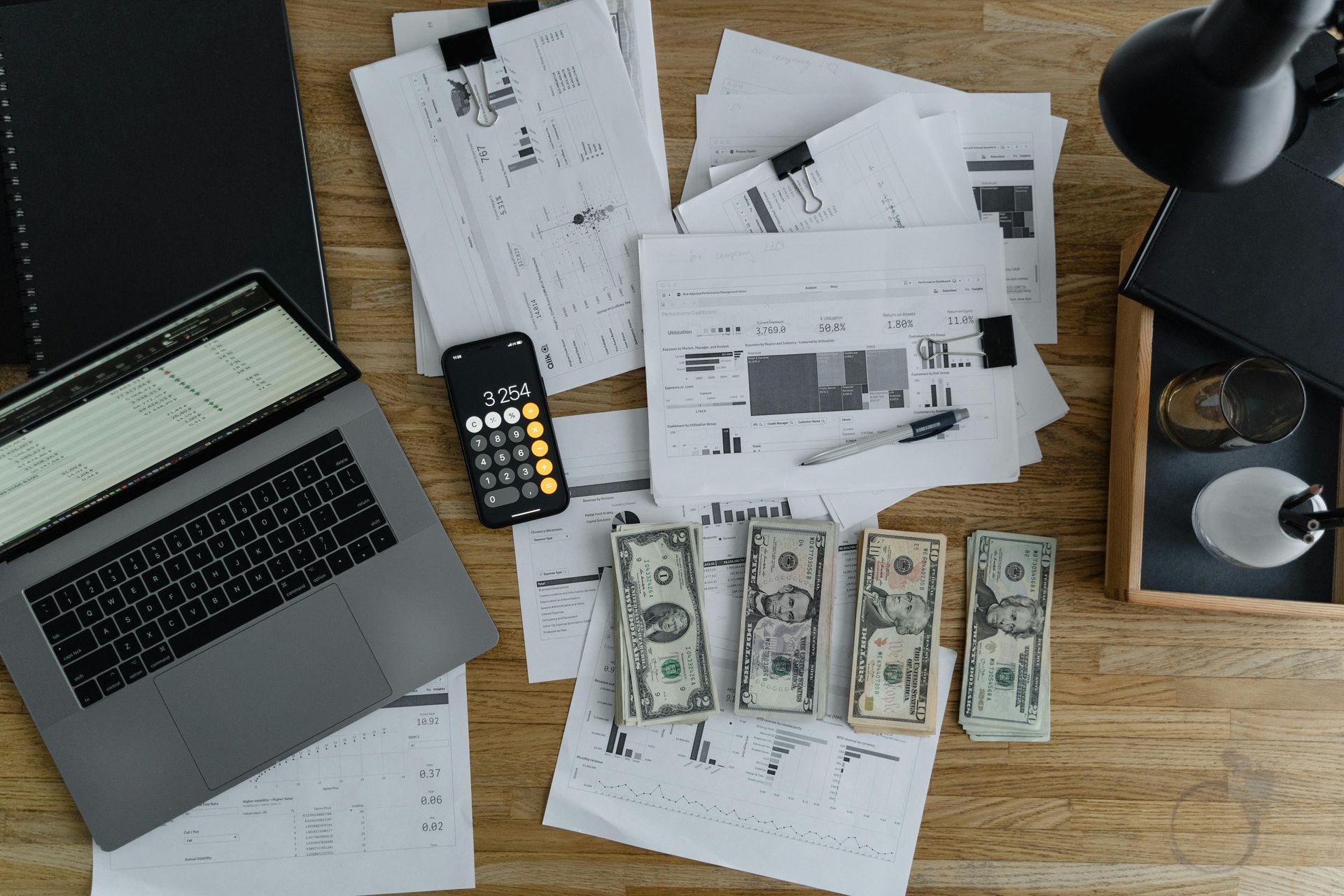Our app will regrow your hair, save the planet, and make your coffee!
Ah, clickbait. A blogger's best friend.
When writing an article, you want to catch people's attention. However, sometimes a title can lead people to believe something before they've had a chance to read and understand an article. A title may even mislead people altogether. It's a problem that's rampant in this age of social media. If I were to draw a conclusion from every headline I read, I would believe that coffee is simultaneously killing me and saving my life.
So, it caught my attention when I saw the headlines:
- Budgeting apps make you spend more
- Fintech Apps for Budgeting are Actually Leading to Consumers Spending More Money Instead of Developing Good Savings Habits
Those are catchy headlines. As the creator of such an app, I'm intrigued.
The study behind the articles
The articles are based on a study done in conjunction with the University of Arizona and the Think Forward Initiative. The premise of the study is that users of budgeting apps tend to spend all the money they've been allocated rather than developing a habit of saving. With easy access to information, participants using the apps felt compelled to spend all their money rather than the people in the control group who did not have access to the same information.
So the conclusion? By spending everything you've budgeted, you fail to save, and using an app makes you spend more. Correct?
Rubbish. That's not how this works - especially saving. Saving is an activity that occurs BEFORE you budget.
Want to save? Save before you budget
Let's say you bring home $5,000 a month - you should spend $5,000 a month. That's how a zero-based budget works. However, if you need to save money, you should be setting that money aside before developing your budget. So if your goals require saving $200 a month, you really have $4,800 a month to spend.
And if you want to make saving truly work - have your money automatically transferred to a savings account when you get paid. That way, you're not tempted to spend it.
But then spend the rest - all of it. Budgeting is freedom to spend without guilt. An example given in the study is an individual with $30 left in his $100 restaurant budget who concludes he can spend a little more and splurge on a bottle of wine. Yes. Absolutely. If that's allowed in the budget, go for it!
Save before you budget. Spend the rest. That's how budgeting works.
Budget for flexibility
Now, the study does make an excellent point worth considering. Budgeting requires flexibility. That is why "planning" is central to how Budgetocity works. There are items in your budget that are known, fixed expenses. However, some items require flexibility - eating out, for example.
Now, if you get to the end of the month and you've spent less than you budgeted, that's great! If you've spent more than you budgeted, that's okay. My biggest concern with the study is the scope seemed limited to a single budget period. That's not enough information to get things right. As you go from month to month, look to prior months and see what you really spent. You will get a better picture of what you should be budgeting moving forward.
Buffer your account
If you're concerned with how a zero-based budget brings your checking account down to zero, that's understandable. At Budgetocity, we don't want that concern to get in the way of budgeting your money. That's why we created an "account buffer." An account buffer can be added to your bank account in Budgetocity to ensure that you only spend down to a certain amount.
With an account buffer, you leave a bit in your account so that if you miss something in your tracking, you won't overdraft your account.
To be clear... using a buffer is not saving. It's safety. Saving occurs before you budget.
The alternatives
One of my biggest fears from articles like the ones I listed is that they can lead you to conclude that apps don't work, or worse, they foster bad behaviors. But what are the alternatives?
Paper and pencil? It worked for our parents, but when I look at the number of items that go through my bank account, I need an app to help me track my spending.
Cash? Well, sure. As much as I want to promote Budgetocity, the cash envelope system is still a fantastic alternative. My wife and I had to use cash for groceries for a time to reign in our spending. It works.
But let's not throw the proverbial baby out with the bathwater. Apps can help you spend well - just remember to save before you spend, and don't listen to the headlines that tell you otherwise.
